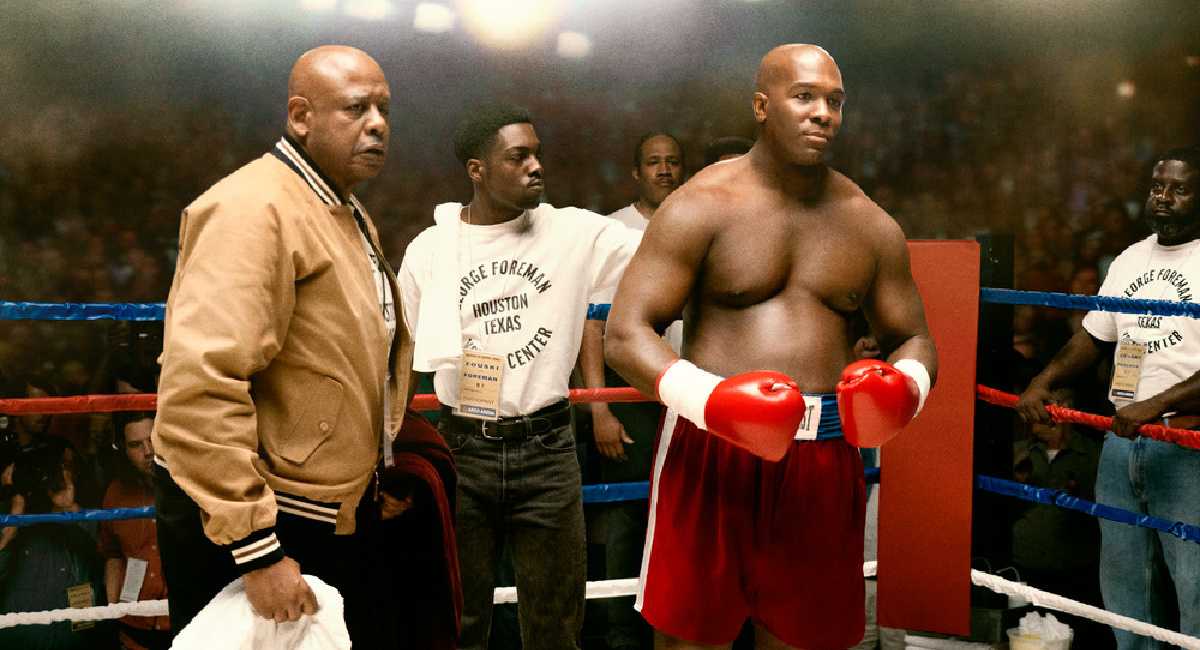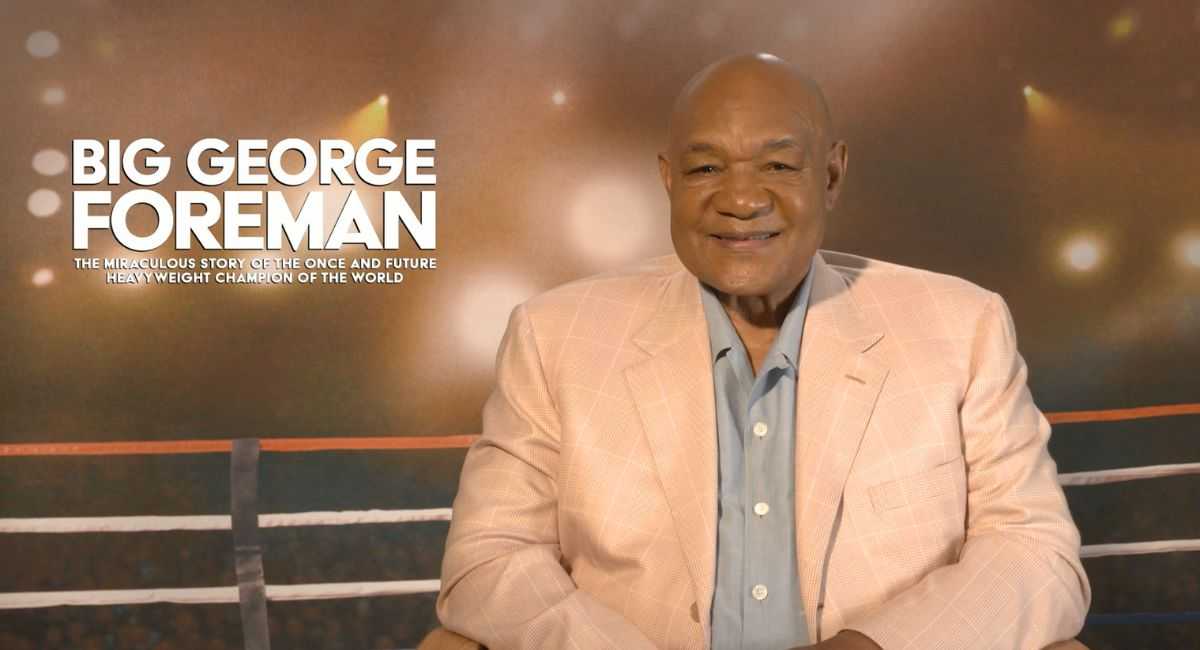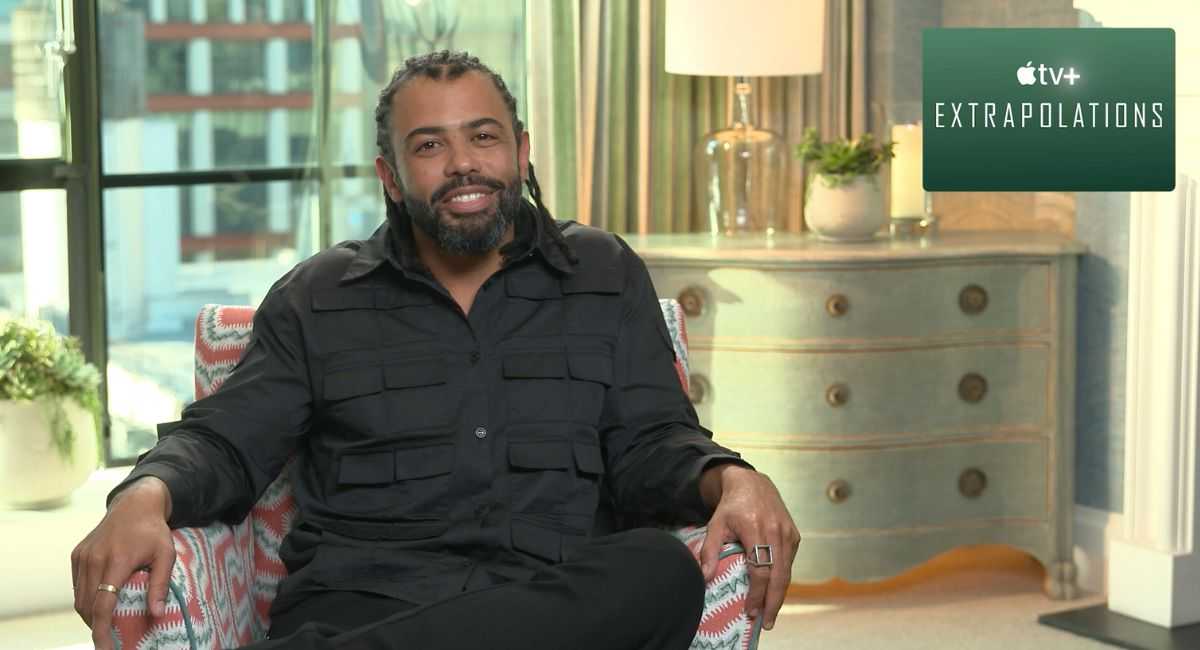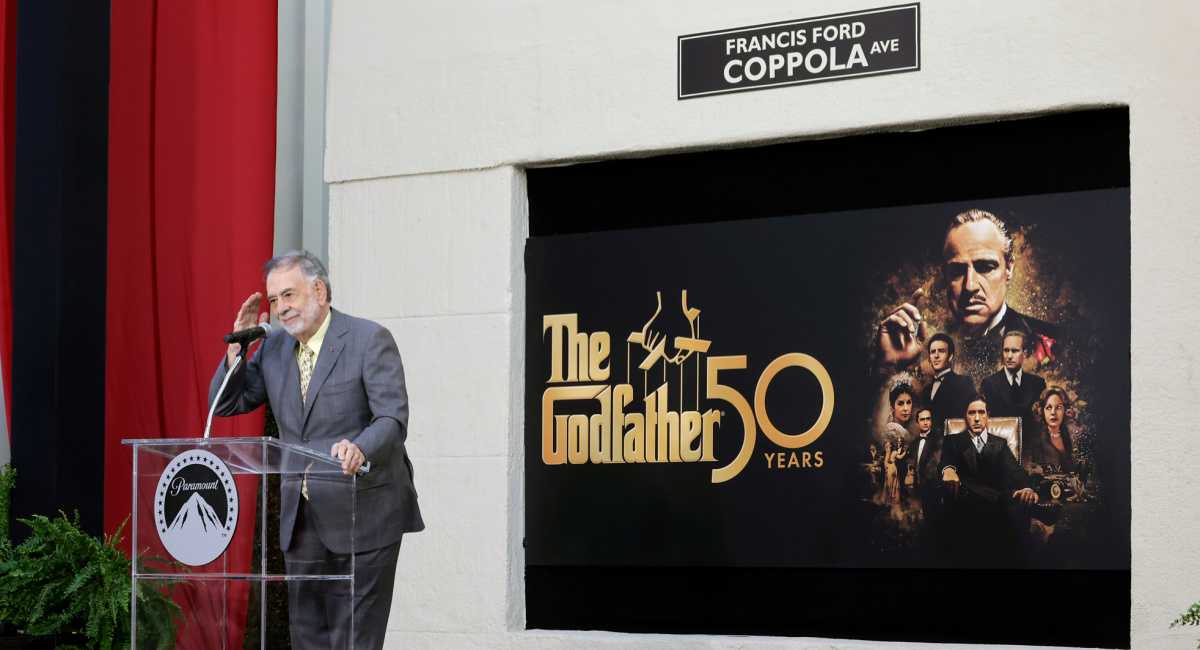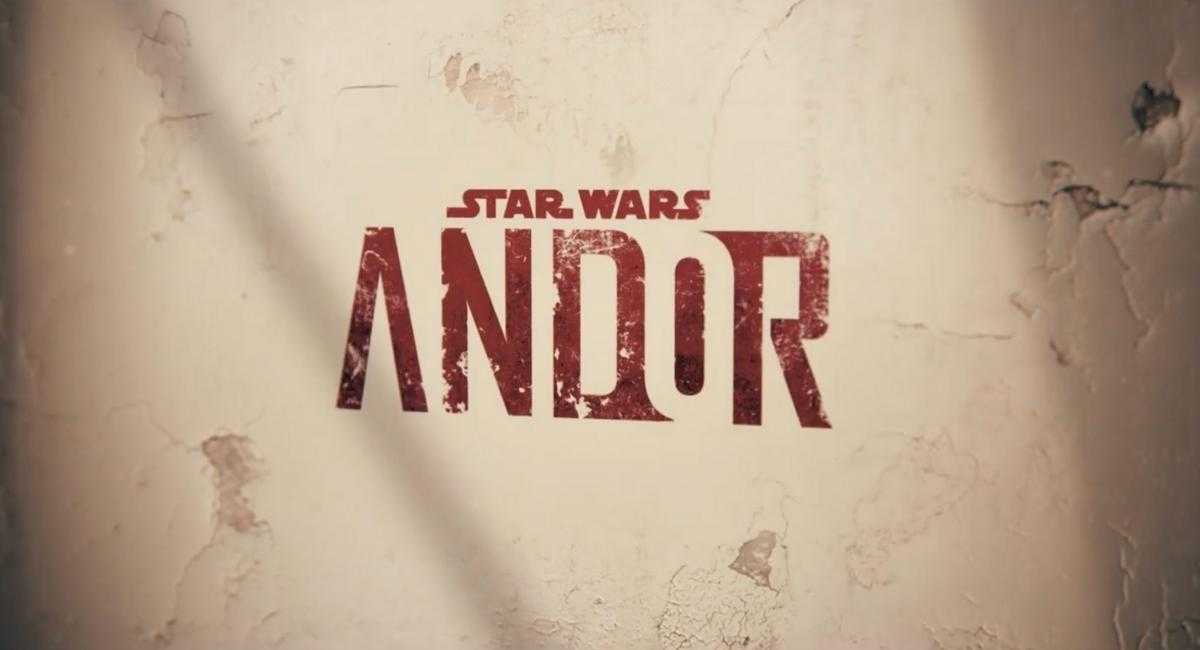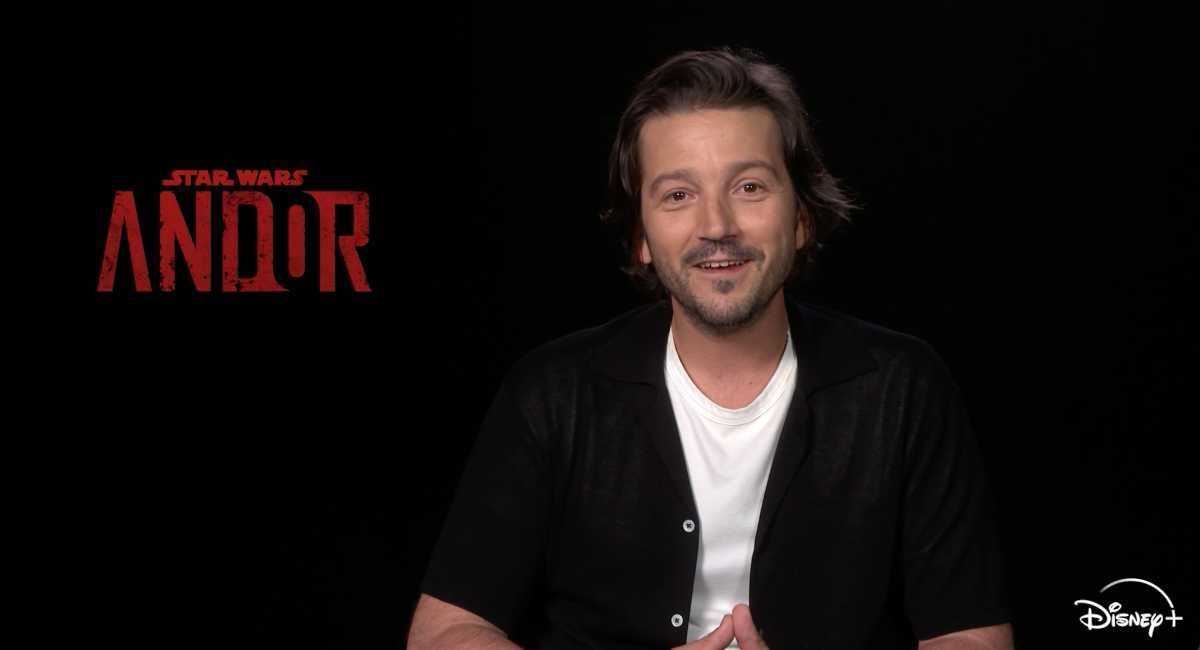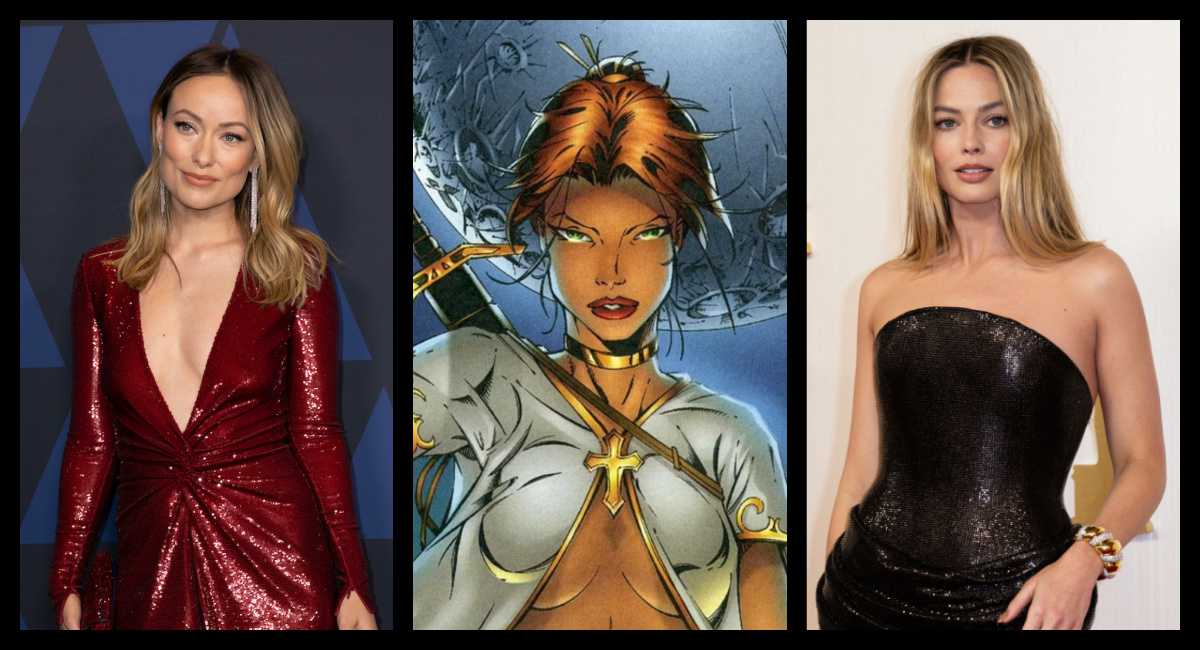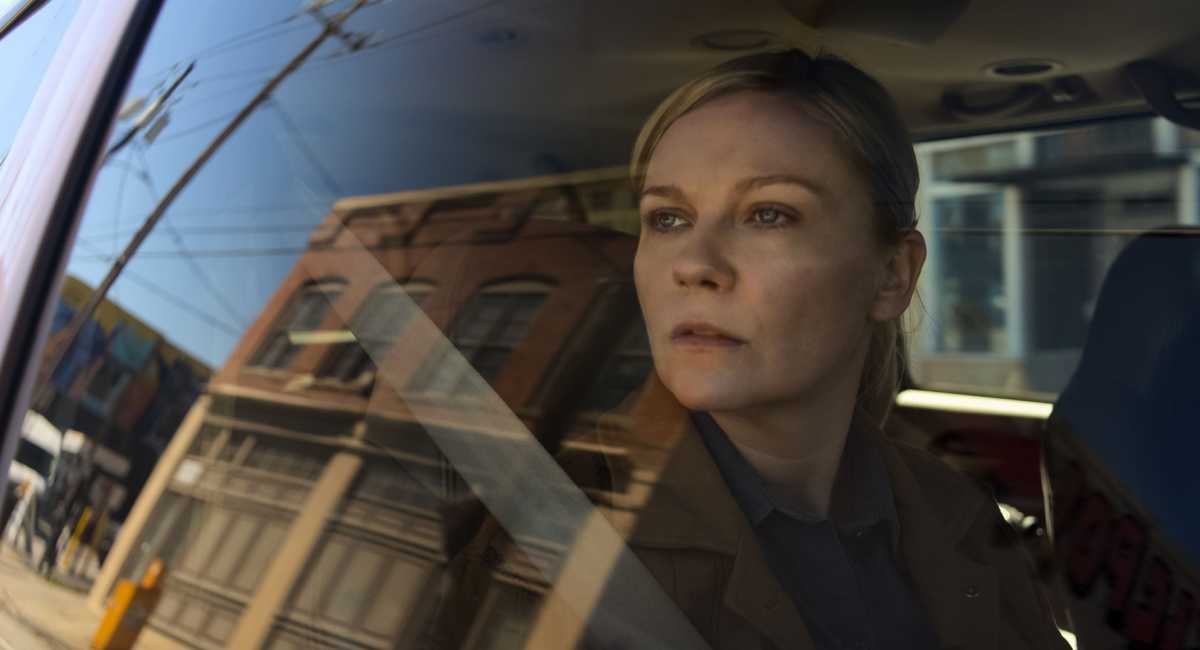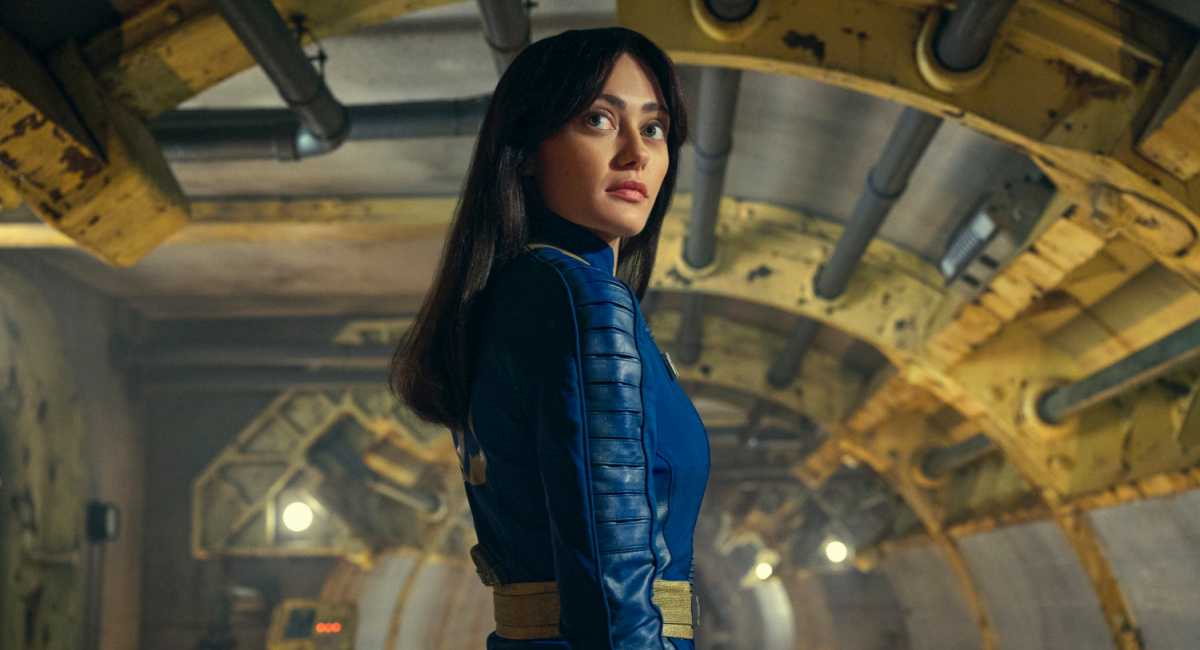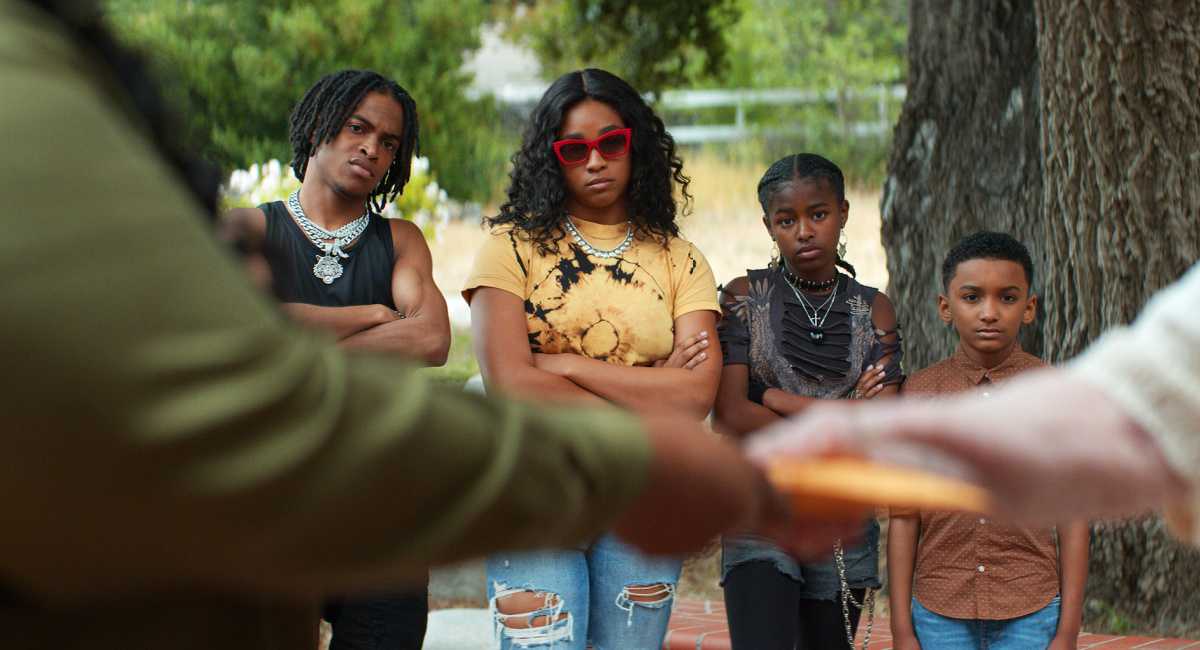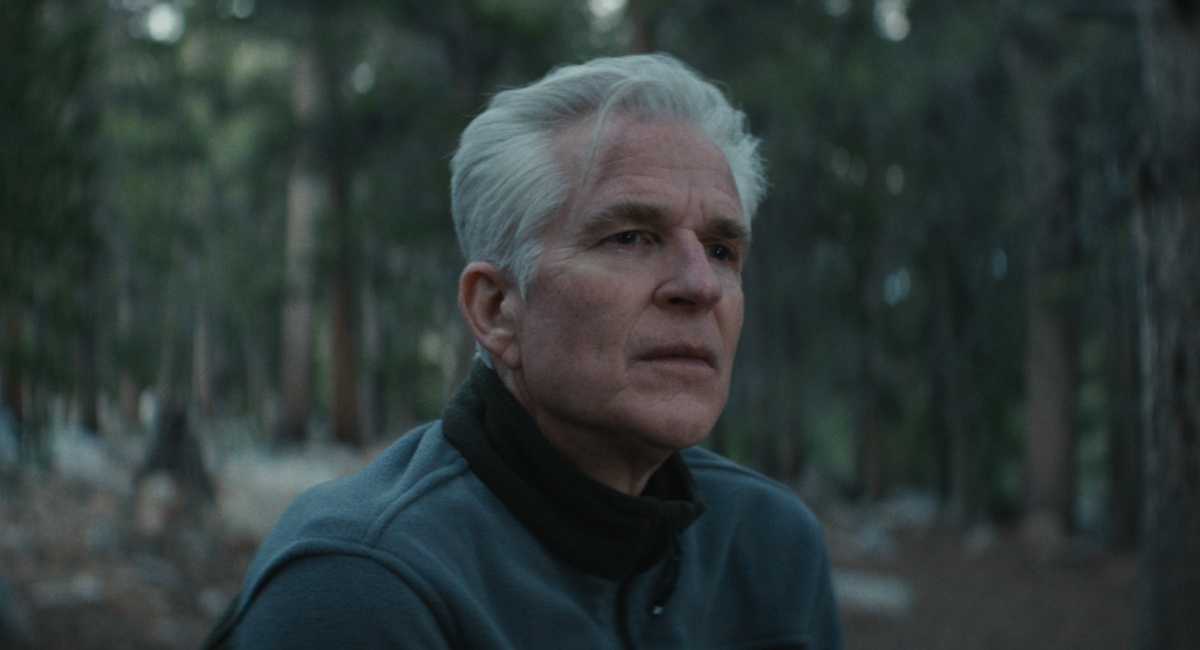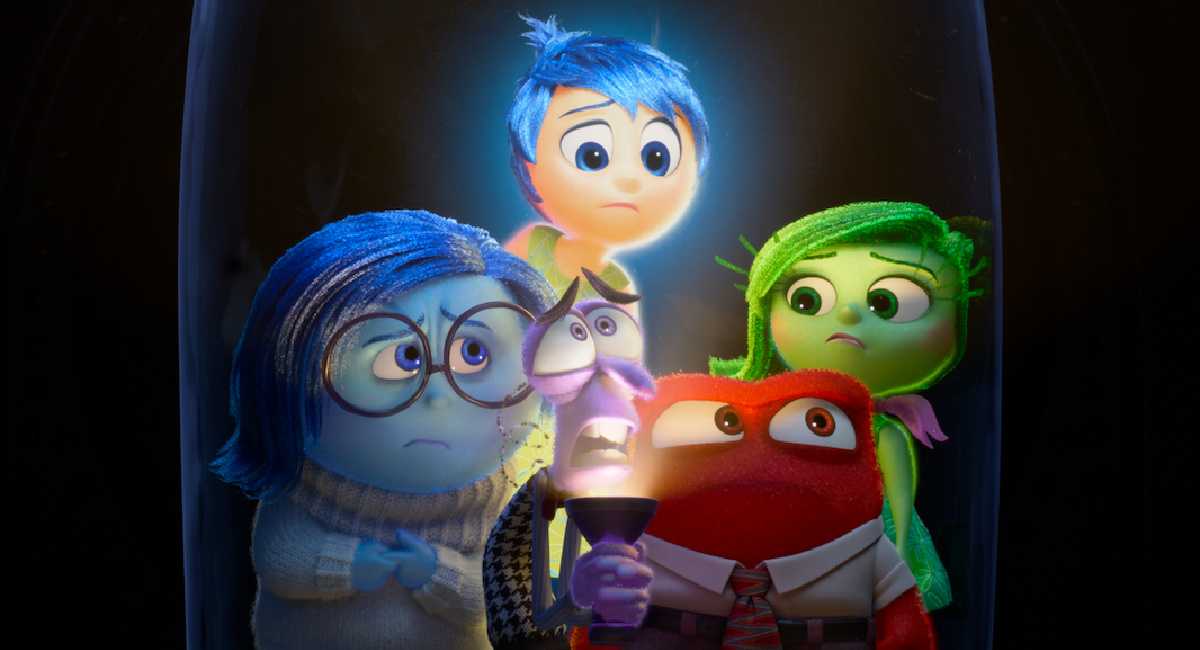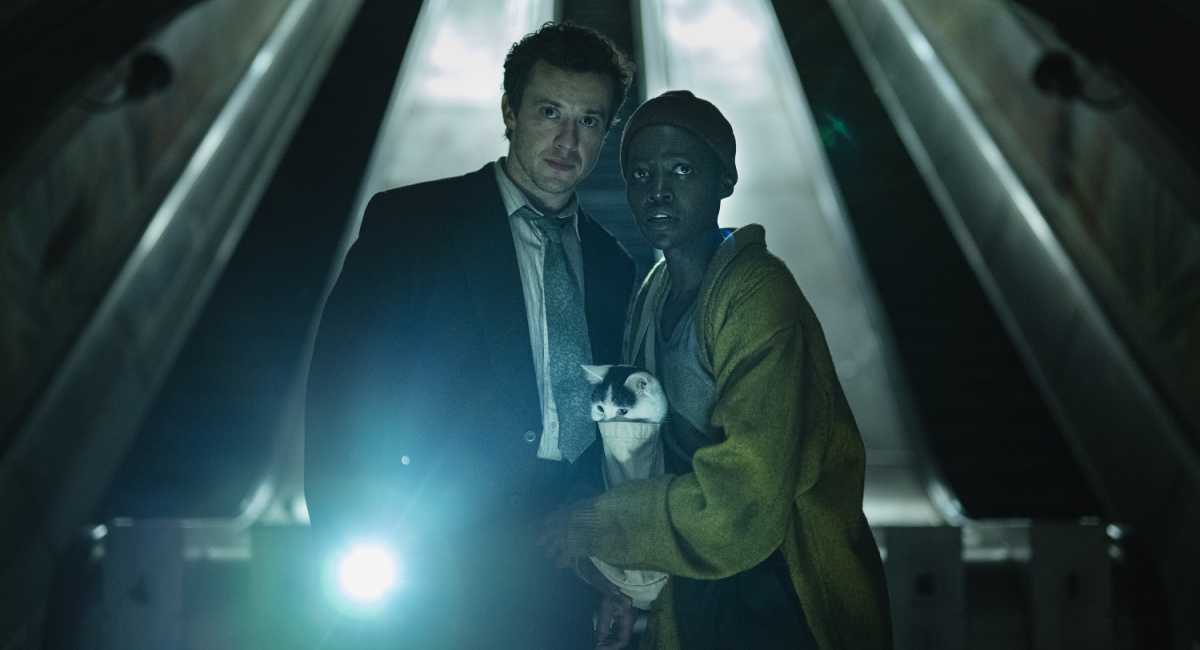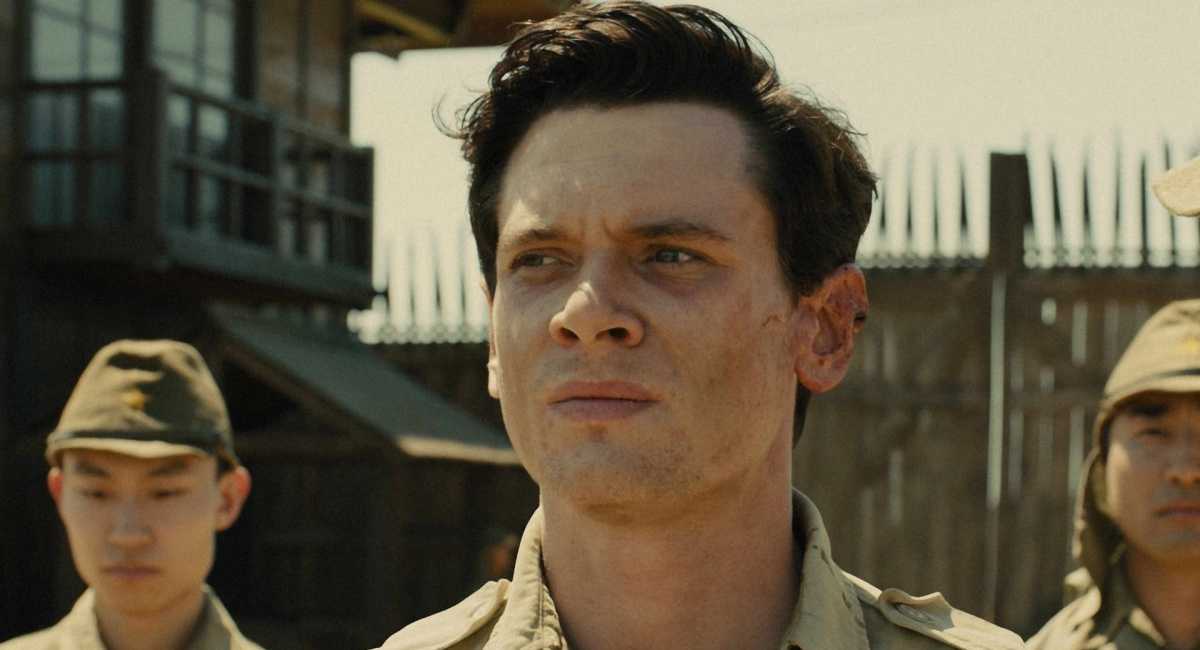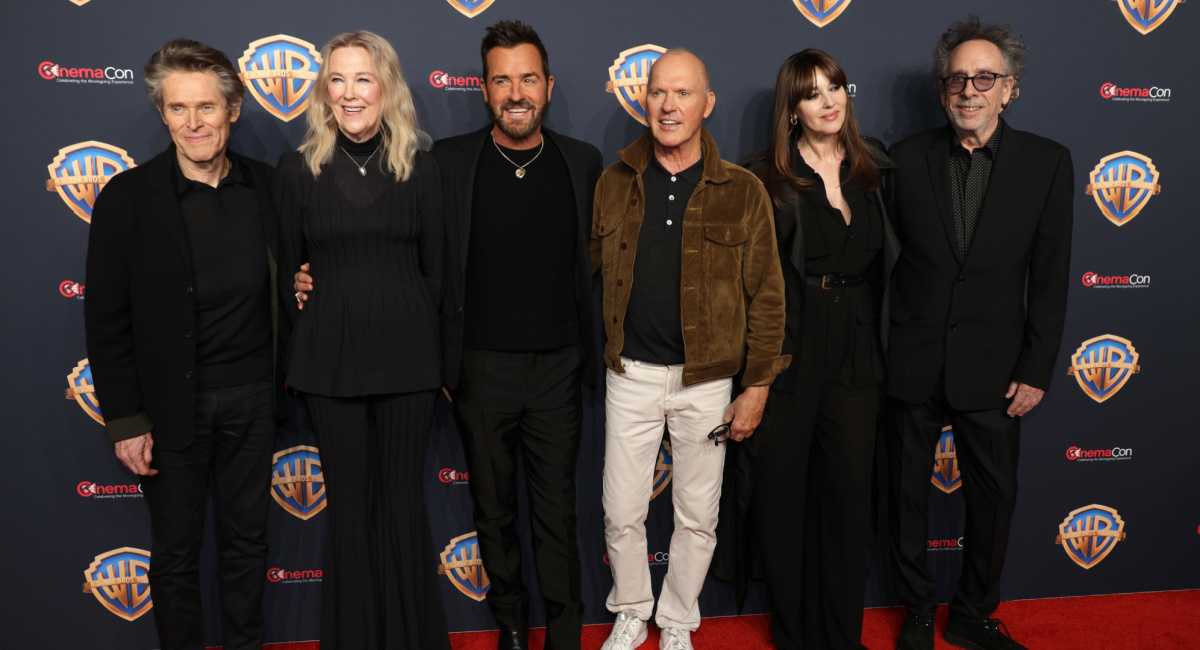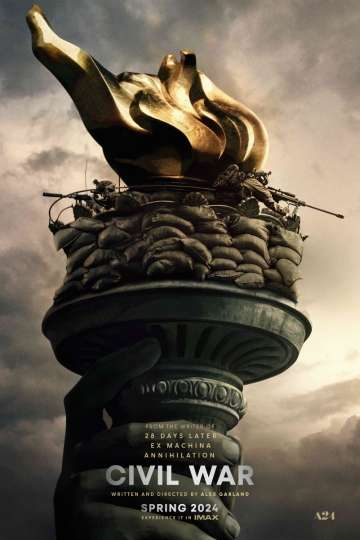'Taken 3' Review: Only Liam Neeson Die-Hards Need Apply
When "Taken" was first released, nobody thought that it would lead to anything, much less an insanely lucrative franchise. It was a modestly budgeted thriller ($25 million) that was first released overseas, in France, where its core creative team was from and where the film was mostly set. It starred Liam Neeson, who at the time was not much of a box office draw, and had a grippingly simplistic story, the kind of stuff compulsively readable paperbacks novels are made of. But then it came out and connected with people in a big way, making more then $225 million and leading to a sequel that made even more. In an era when studios are trying to artificially manufacture franchises and entire universes, "Taken" came out of nowhere and lasted much longer than anyone could have guessed.
But just because something is a franchise, doesn't mean that it necessarily should be one. This weekend's "Taken 3" makes this lesson explicitly clear.
In "Taken 3" nobody is taken (this was a stipulation Neeson made); instead the genre is refashioned as a "wrong man" thriller, with Neeson's Bryan Mills on the run from both the police (led by a goateed Forest Whitaker) and assorted Eastern European thugs (they have bad accents, worse haircuts, and prison tattoos), after his ex-wife (Famke Janssen) turns up murdered. Those "particular set of skills" that Neeson famously remarked upon in the first movie are this time utilized to get him out of a number of sticky situations, all while trying to clear his name and bring down the actual killers.
And honestly, as a premise, especially for a franchise as threadbare as "Taken," this could have been pretty fun. These kinds of movies, whether their Alfred Hitchcock classics or something like Harrison Ford's "The Fugitive," offer a very specific thrill, since as a law abiding citizen it's uncomfortably easy to place yourself in the shoes of someone who was accused of something they had nothing to do with. The catharsis, of course, comes from the accused overcoming the odds and actually finding a certain level of justice and understanding.
The problem is that the movie is limply directed, once again by "Taken 2" auteur Olivier Megaton, so nothing seems to matter. You would think that the stakes couldn't be higher, although everything is photographed with the wistful negligence and technical expertise of a daytime soap opera or a commercial for laundry detergent. The propulsive drive of this kind of story simply isn't there; everything feels slack and lazy.
Most of this isn't the fault of the performers. Neeson is, yet again, the epitome of composed cool and fierce determination; he's a hulking physical presence but never brutish, his eyes glitter with fiery intelligence and every movement suggests tightly coiled, barely contained rage. When a police officer mutters that, "This is going to end badly for you," Neeson blinks and says (in that beautifully gravelly delivery), "Don't be such a pessimist." Yes Liam Neeson yes.
It's just that the script, co-written by series overseer Luc Besson and his writing partner Robert Mark Kamen, gives Neeson (and Whitaker and sweaty series newcomer Dougray Scott, who delivers every line in a weirdly timed, Christopher Walken-esque cadence) precious little to do. Frantic action sequences pop up every once in a while, but Megaton shoots them with little regard for spatial relationships or more generalized geography. So people run into other people and cars crash into other cars, but you can't tell exactly who is running or crashing into who.. The actors try desperately to add some weight to these sequences, but they're so joyless and confusing that they barely register as complete scenes. Instead they're just a series of images that flit by without narrative importance or emotional resonance. (The less said about a clumsy, out-of-left-field subplot involving the unplanned pregnancy of Neeson's college-aged daughter, played by 31-year-old actress Maggie Grace, the better.)
Honestly, it didn't have to be this way. Besson is certainly capable of turning trashy material into world-class entertainment (as with last year's wonderful "Lucy") and Neeson continues to be one of the most compelling action heroes we've seen on screen in years, particularly in his team-ups with filmmakers like Joe Carnahan and Jaume Collet-Serra. But any chance of a celebratory send-off to the "Taken" series (if this is, indeed, that, since the conclusion certainly leaves room for a fourth film down the line) is dashed by "Taken 3's" utterly lackluster execution.
"Taken" was never envisioned as a franchise and this third film makes it very apparent why. Even a cracking good story, repeated too many times, robs it of its power, even if that story is growled at you by Liam Neeson.
Bottom line: Only Neeson die-hards need apply. This doesn't do a satisfactory job of wrapping up the franchise or providing much entertainment value at all. Instead, download Neeson's recent, brilliant, wholly overlooked detective movie "A Walk Among the Tombstones."
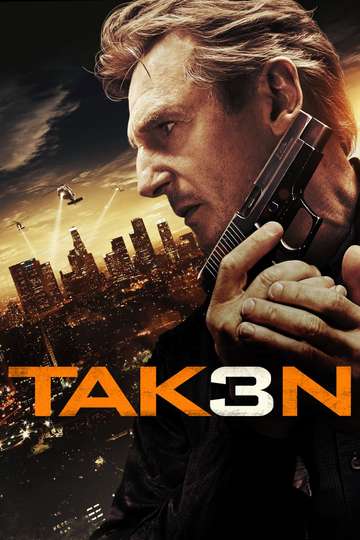
Taken 3
Ex-government operative Bryan Mills finds his life is shattered when he's falsely accused of a murder that hits close to home. As he's pursued by a savvy police... Read the Plot


